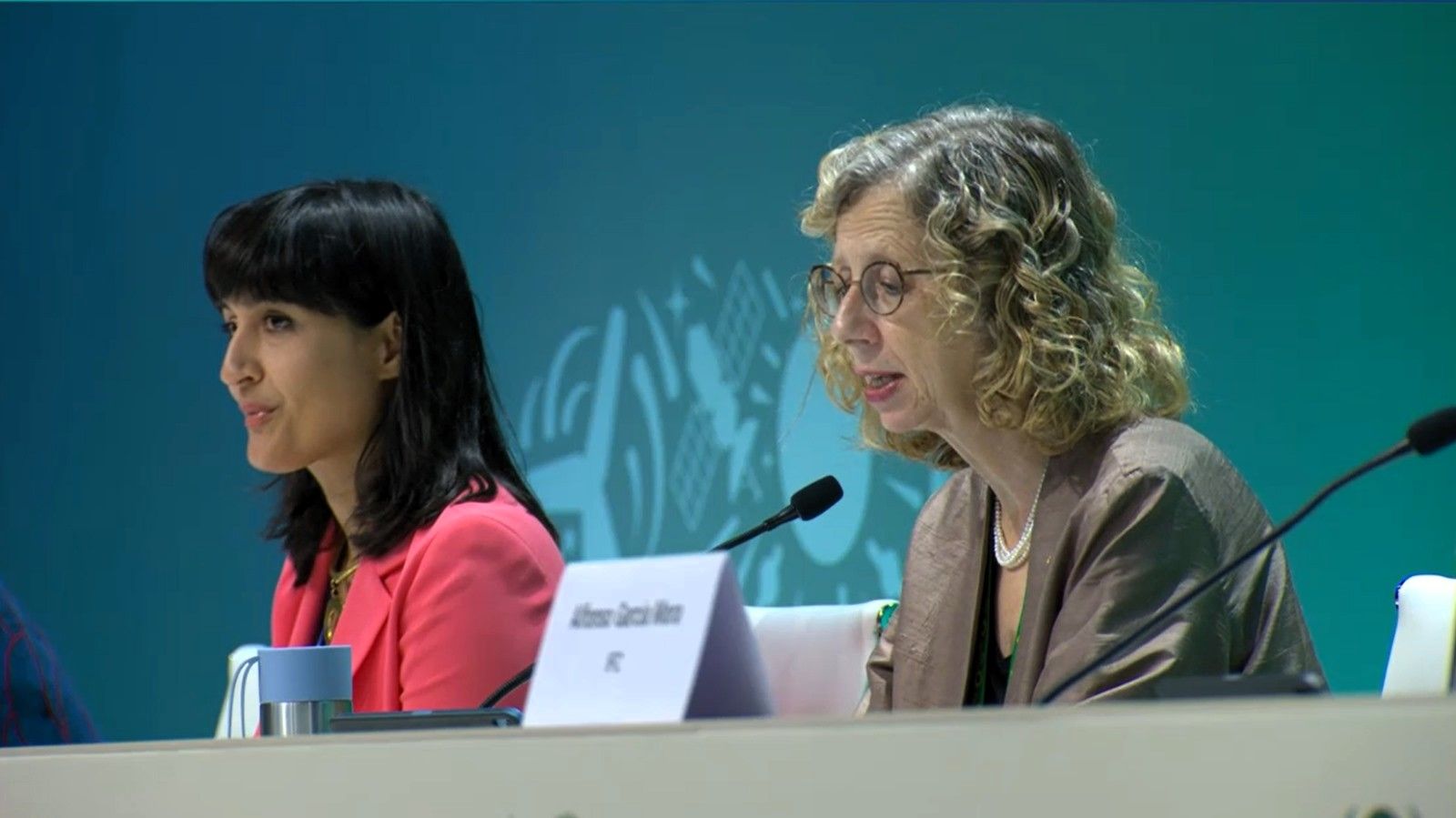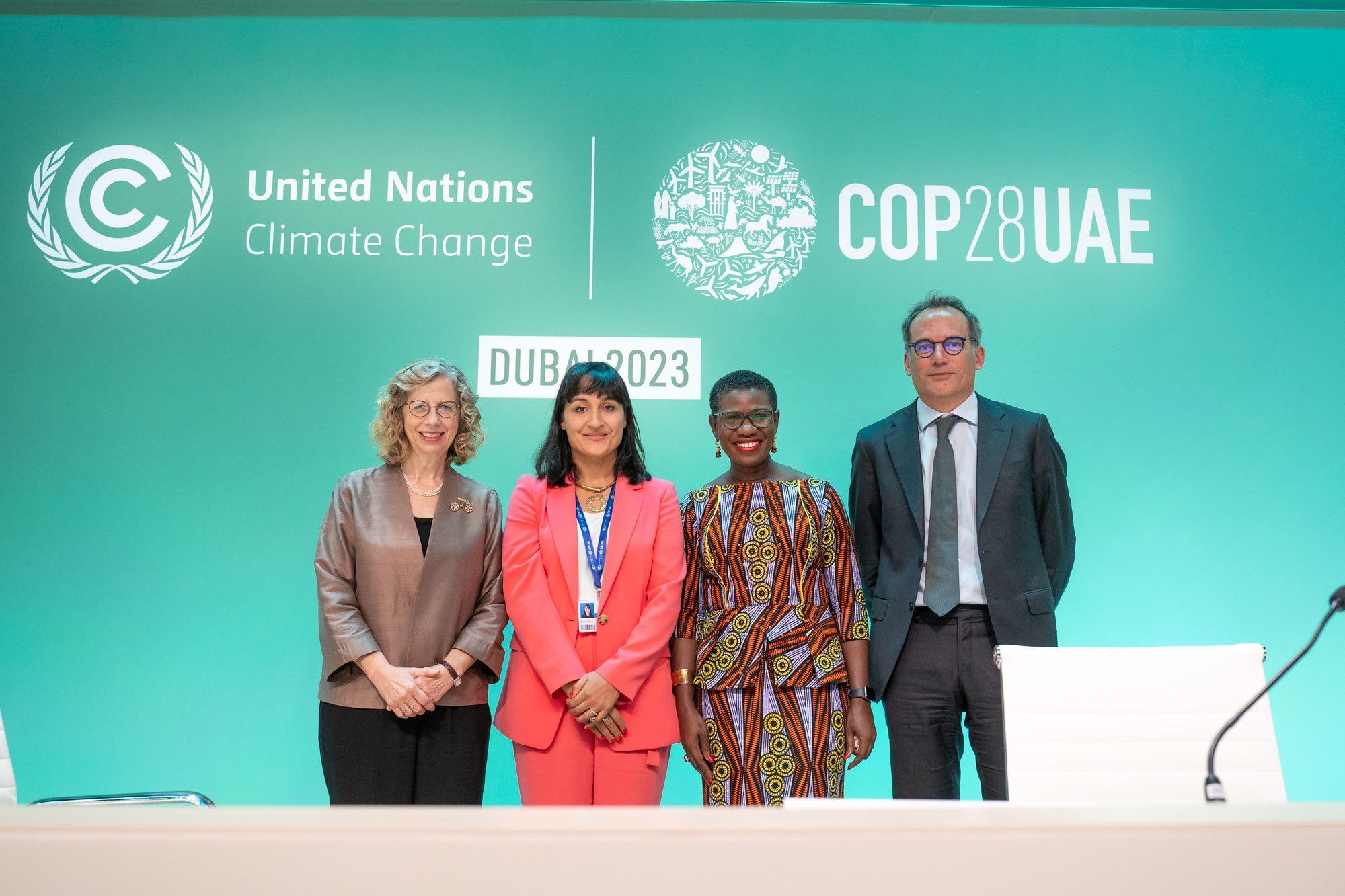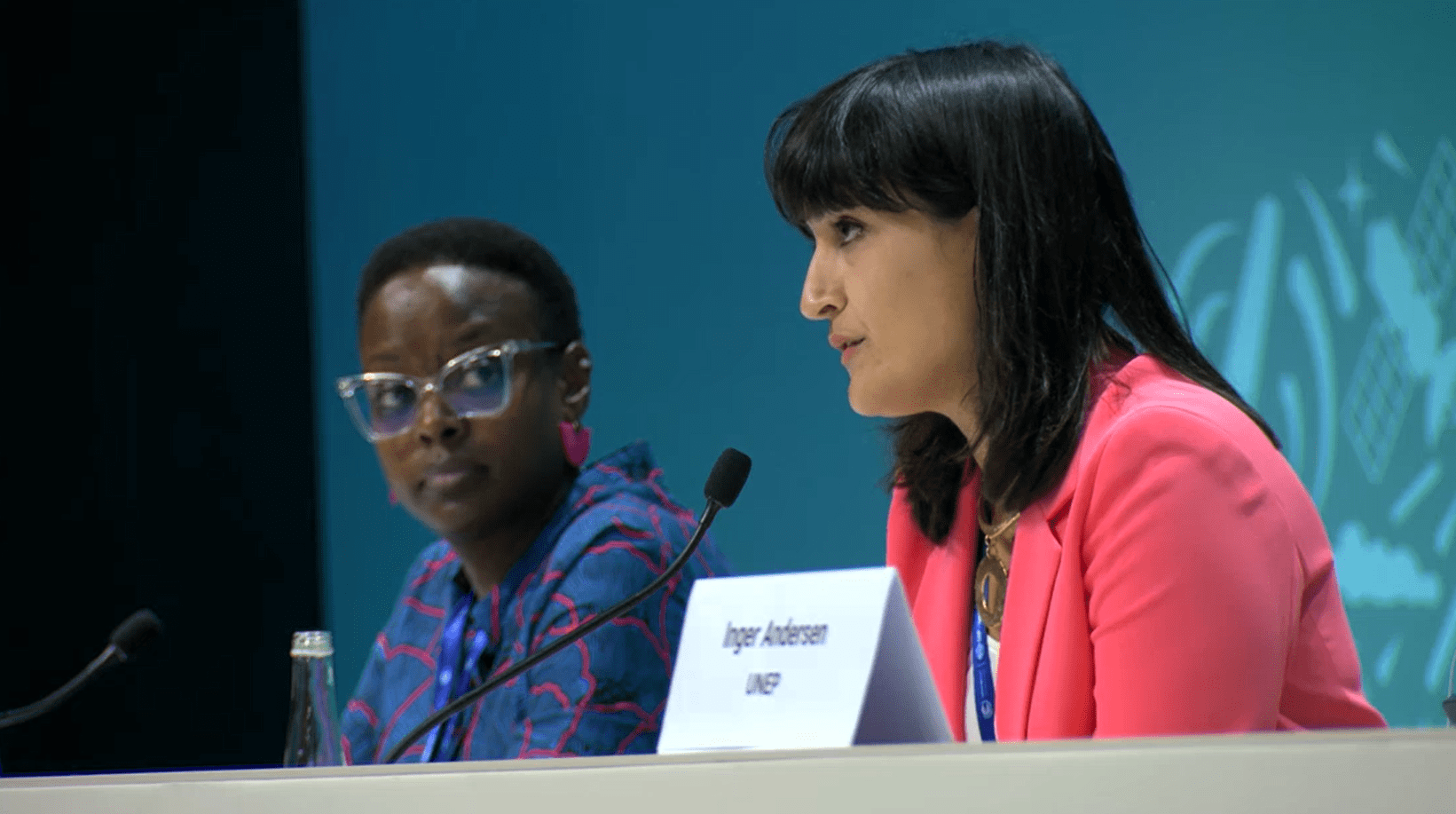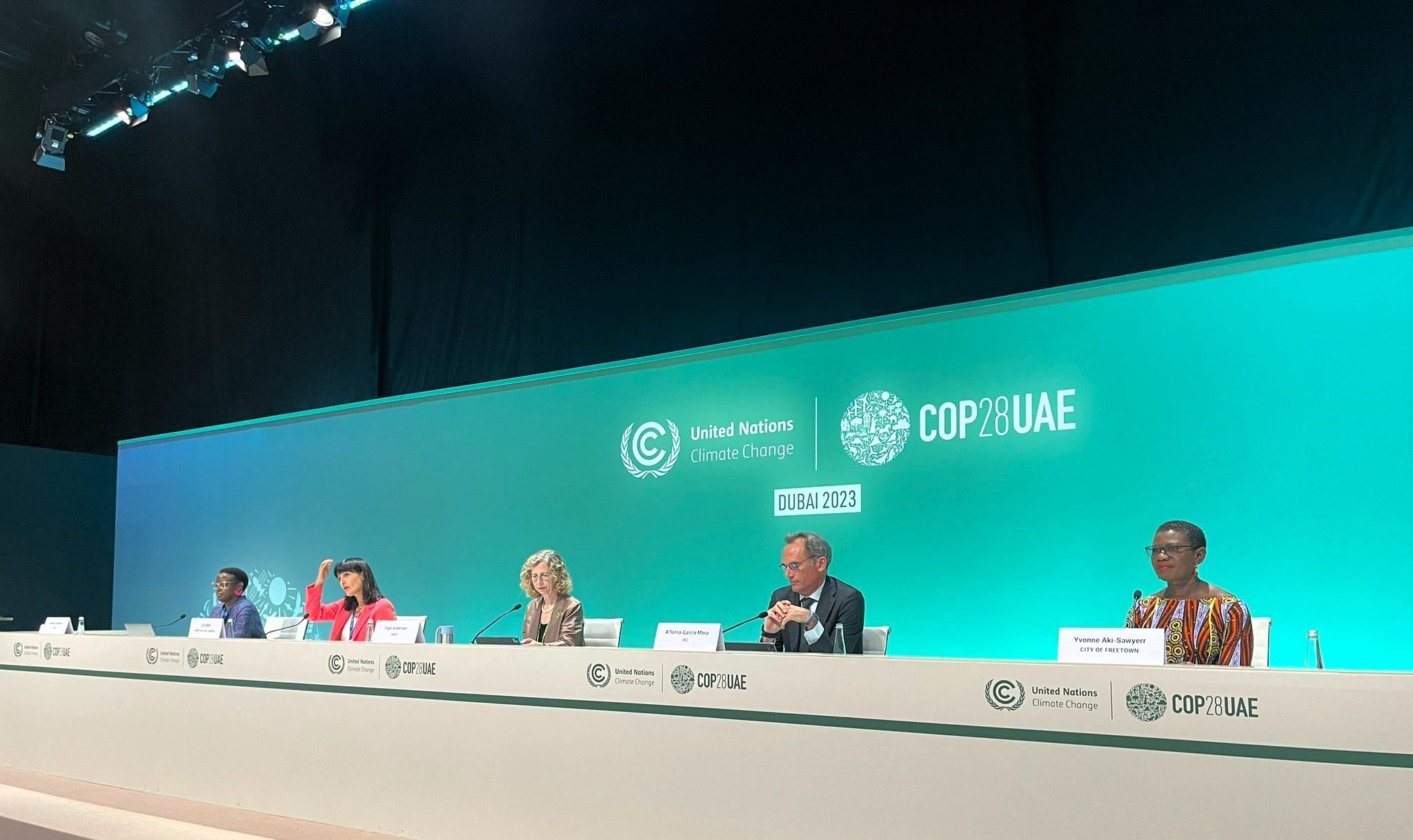Date: 5 December 2023 Time: 12:00-12:30 (GMT: +04:00) Event Language: English
Format: In-person Location: Media Zone UNFCCC, Press Conference 1- Zone B8
Organized by: United Nations Environment Programme, UNEP-led Cool Coalition
Access Webcast: Link
Description:
As the world warms, and as incomes and populations grow, demand for cooling is increasing rapidly. People need cooling to protect themselves from rising heat; improve human health and wellbeing, keep vaccines viable and food fresh from farm to fork; and reduce pressure on countries’ power grids – all while boosting economies by creating jobs and by minimizing productivity losses caused by extreme heat.
Keeping it chill: How to meet cooling demands while cutting emissions shines a spotlight on cooling policy trends, technologies, and investment opportunities – in collaboration with key global stakeholders – to help close the gaps in access, affordability and information. The report undertakes, for the first time, modelling of the direct and indirect emissions from all cooling sectors – including space cooling, cold chain and refrigeration, and transport globally – while considering cooling access needs and evaluating the benefits of a comprehensive approach on a pathway to near-zero emissions from cooling.
Findings from the report have informed the development of the Global Cooling Pledge’s targets to be launched on 5 December during Energy & Industry Day. Spearheaded by COP28 UAE Presidency, the Global Cooling Pledge is key to raising ambition and international cooperation on sustainable cooling through collective targets to improve energy efficiency and reduce emissions from cooling while increasing overall access to cooling for under-served communities. The Pledge offers state and non-state actors a unique chance to enhance their commitments to climate mitigation, adaptation, resilience, and investments towards sustainable cooling. Achieving the Global Cooling Pledge targets would cut emissions by approximately 78 billion tonnes CO2e between 2022 – 2050, while achieving multiple benefits and increasing access to cooling. It will enable a comprehensive approach to address the growing demand for cooling, and so delivers jointly on the Kigali Amendment, Paris Agreement and the SDGs.





